(опубликовано: 2 декабрь 2017, 07:19)
Volgograd Arena
Capacity: 45,568
Completed: Early 2018 (expected)
Cost: $280m
Where is it: On the banks of the Volga, south-west of Moscow.
City population: 1million
Of note: Volgograd was once known as Stalingrad. Sistercity of Coventry in UK
Games hosted at Russia 2018:
Group G, 18 June Tunisia-England;
Group D, 22 June Nigeria-Iceland;
Group A, 25 June Saudi Arabia-Egypt;
Group H, 28 June Japan-Poland.
History lesson The stadium is new, but the site can tell a tale or two. Here used to stand the Central Stadium, home to Rotor Volgograd and venue for the goalless first leg of their famous Uefa Cup win over Manchester United in 1995. That was a classic Soviet bowl; its replacement, where work began in 2015 after the old ground’s demolition, looks very different and its exterior design is intended to resemble basketwork.
Star attraction The finished article should have a light, airy feel that sits well with visitors; it will be worth a pilgrimage, too, for anyone wanting to remember one of the more enduring European shock results of the 1990s.
Any hitches? A few minor issues. In June a small fire broke out on the site after a welding accident, and it had to be combed thoroughly for unexploded ordnance after bombs from the Battle of Stalingrad were found in 2014. The stadium appears to be running slightly behind its originally scheduled completion, but nothing to worry about where next summer is concerned.
Legacy FC ROTOR expect to play here although, once again, their ability to get anywhere near filling the ground is in grave doubt. It would help if they clawed their way up from rock bottom of Russia’s second division; at present it would probably take another visit from United to draw a full house. The capacity will drop by around 10,000, though.
It’s hard to detach the city from its past, a city made by famous by a devastating Second World War siege. The official literature notes: “Over the course of the last hundred years, Volgograd has often been a prominent figure on the Russian and global stage. Many events have left their mark on the city in monuments, places and traditions.
“Over the last century the city has changed its name three times: at the beginning of the twentieth century it was called Tsaritsyn and it was a backwater place on the banks of the Volga River. Then it became Stalingrad - the fortress that played a pivotal role in World War II, and later was renamed Volgograd, having become in the process a sunny and hospitable city whose residents love fishing, football, boat rides and beaches.”
The Motherland Calls, a monument to the Battle of Stalingrad and the tallest statue of a woman in the world, is well worth a visit. The imposing structure soars above the city, while beneath it is buried the famous Soviet sniper Vasily Zaytsev.
Coventry in UK and Stalingrad (now Volgograd) were both wiped out by heavy bombing and became the world's first 'twin' cities when they established a twinning relationship during the Second World War. The relationship developed through ordinary people in Coventry who wanted to show their support for the Soviet Red Army during the Battle of Stalingrad. One of the streets in Volgograd downtown named after Coventry.
@premierleague @England #ThreeLions
The Guardian, UK, The Telegraph
Capacity: 45,568
Completed: Early 2018 (expected)
Cost: $280m
Where is it: On the banks of the Volga, south-west of Moscow.
City population: 1million
Of note: Volgograd was once known as Stalingrad. Sistercity of Coventry in UK
Games hosted at Russia 2018:
Group G, 18 June Tunisia-England;
Group D, 22 June Nigeria-Iceland;
Group A, 25 June Saudi Arabia-Egypt;
Group H, 28 June Japan-Poland.
History lesson The stadium is new, but the site can tell a tale or two. Here used to stand the Central Stadium, home to Rotor Volgograd and venue for the goalless first leg of their famous Uefa Cup win over Manchester United in 1995. That was a classic Soviet bowl; its replacement, where work began in 2015 after the old ground’s demolition, looks very different and its exterior design is intended to resemble basketwork.
Star attraction The finished article should have a light, airy feel that sits well with visitors; it will be worth a pilgrimage, too, for anyone wanting to remember one of the more enduring European shock results of the 1990s.
Any hitches? A few minor issues. In June a small fire broke out on the site after a welding accident, and it had to be combed thoroughly for unexploded ordnance after bombs from the Battle of Stalingrad were found in 2014. The stadium appears to be running slightly behind its originally scheduled completion, but nothing to worry about where next summer is concerned.
Legacy FC ROTOR expect to play here although, once again, their ability to get anywhere near filling the ground is in grave doubt. It would help if they clawed their way up from rock bottom of Russia’s second division; at present it would probably take another visit from United to draw a full house. The capacity will drop by around 10,000, though.
It’s hard to detach the city from its past, a city made by famous by a devastating Second World War siege. The official literature notes: “Over the course of the last hundred years, Volgograd has often been a prominent figure on the Russian and global stage. Many events have left their mark on the city in monuments, places and traditions.
“Over the last century the city has changed its name three times: at the beginning of the twentieth century it was called Tsaritsyn and it was a backwater place on the banks of the Volga River. Then it became Stalingrad - the fortress that played a pivotal role in World War II, and later was renamed Volgograd, having become in the process a sunny and hospitable city whose residents love fishing, football, boat rides and beaches.”
The Motherland Calls, a monument to the Battle of Stalingrad and the tallest statue of a woman in the world, is well worth a visit. The imposing structure soars above the city, while beneath it is buried the famous Soviet sniper Vasily Zaytsev.
Coventry in UK and Stalingrad (now Volgograd) were both wiped out by heavy bombing and became the world's first 'twin' cities when they established a twinning relationship during the Second World War. The relationship developed through ordinary people in Coventry who wanted to show their support for the Soviet Red Army during the Battle of Stalingrad. One of the streets in Volgograd downtown named after Coventry.
@premierleague @England #ThreeLions
The Guardian, UK, The Telegraph
Похожие публикации:
 просмотров: 3 911
просмотров: 3 911 комментариев: 5
комментариев: 5




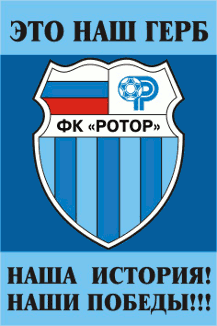





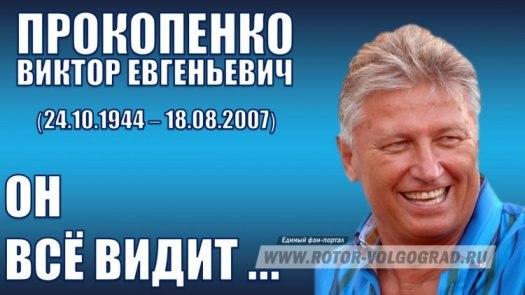
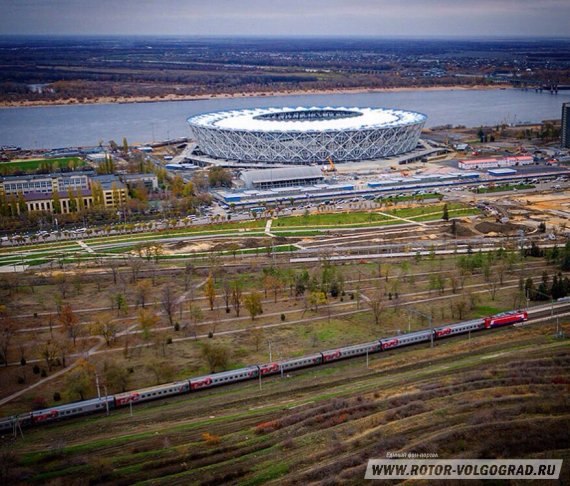

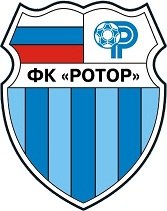
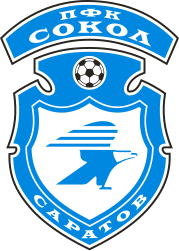





Последние комментарии